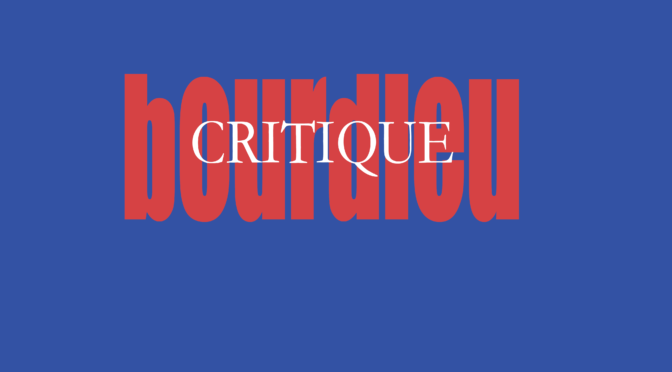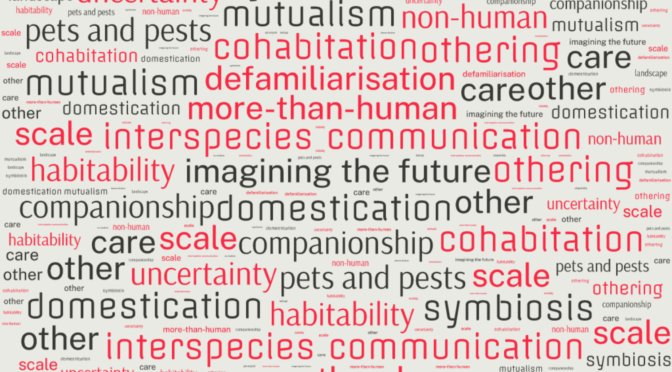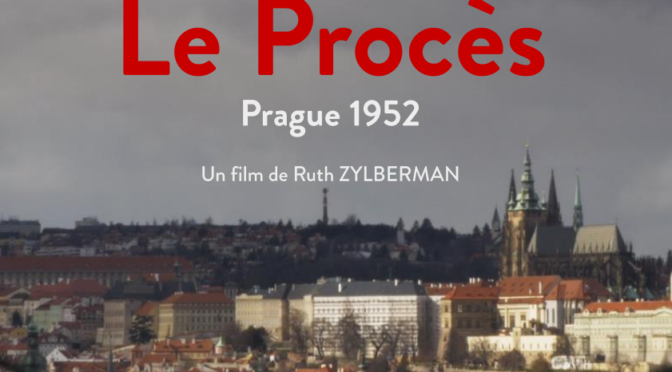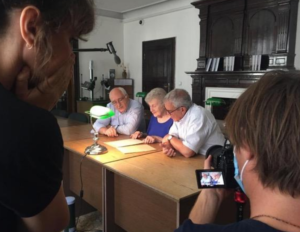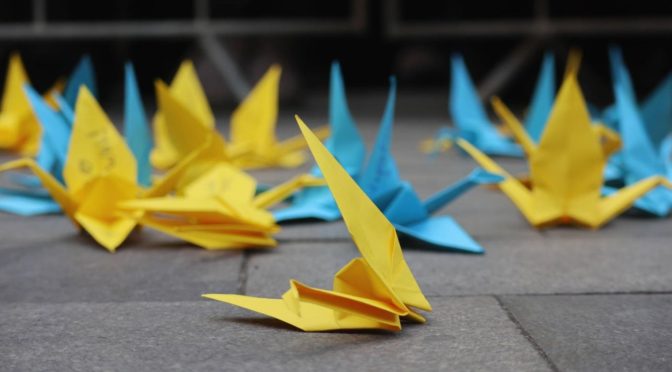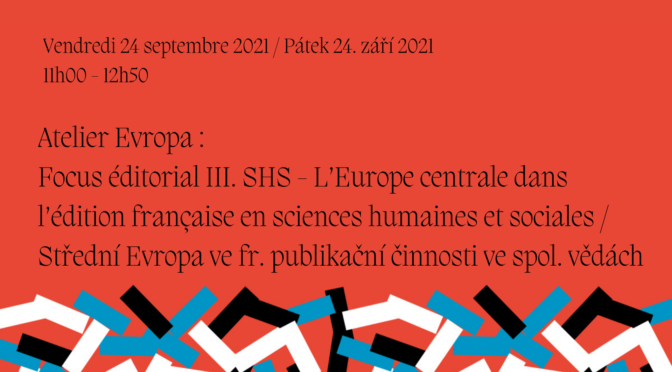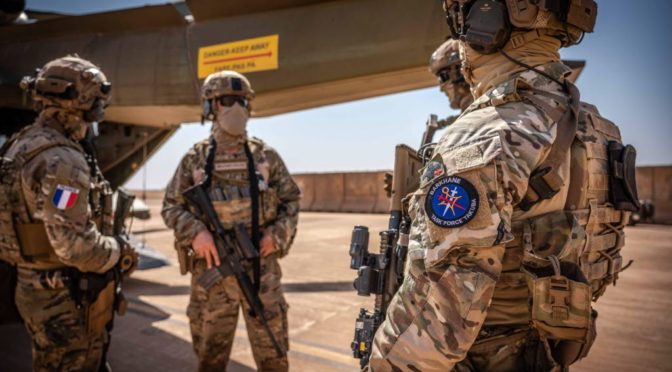On the occasion of the twentieth anniversary of the Bourdieu’s death, CEFRES in collaboration with the Department of Czech and Comparative Literature of the Charles University in Prague organizes a round table on the development of the Bourdieu’s central concepts during last two decades.
Bourdieu’s Legacy in Literary Studies: Expanding Territories, Changing Concepts
When: Friday, December 2, 2022, 4.30-6.30pm
Where: CEFRES library, Prague and online:
To register, please contact cefres[@]cefres.cz
Language: English
Organizers: CEFRES & Department of Czech and Comparative Literature, Faculty of Arts, Charles University
Participants:
Anna SCHUBERTOVÁ (Department of Czech and Comparative Literature, Faculty of Arts, Charles University)
Csaba SZALÓ (Faculty of Social Studies, Masaryk University)
Jan VÁŇA (Institute of Czech literature, Czech Academy of Sciences)
Eva VOLDŘICHOVÁ-BERÁNKOVÁ (Department of Romance Studies, Faculty of Arts, Charles University)
Moderated by: Josef ŠEBEK (Department of Czech and Comparative Literature, Faculty of Arts, Charles University)
As in many other branches of research, Bourdieu’s contribution in literary studies is unquestionable. The theory of the literary field, which had been in the making since the end of the 1960s and found its most comprehensive and developed shape in The Rules of Art (1992), has a lasting impact both in literary theory and literary history. Other Bourdieu’s works inspire literary research as well, from the early article “Intellectual Field and Creative Project” (1966) to Pascalian Meditations (1997). His lectures at Collège de France whose transcripts are still being published also offer an abundance of impulses for literary scholarship. Yet equally substantial is the production of his collaborators and successors that maintain this living body of work, transpose it to different theoretical and methodological contexts and provide its operationalization and critical analysis. In the framework of the series of events PIERRE BOURDIEU 2022 we want to address some of the nodal points of these developments in the past two decades, focusing on the expanded territory of research – intellectual field, translation studies, study of literature and politics, world literature, ethnography of authors, the study of self-presentation of authors in current media environment, etc. – and concepts ranging from new perspectives on the literary field to ethos and author’s posture. We want to trace these developments and assess Bourdieu’s magisterial contribution in the context of current research.

